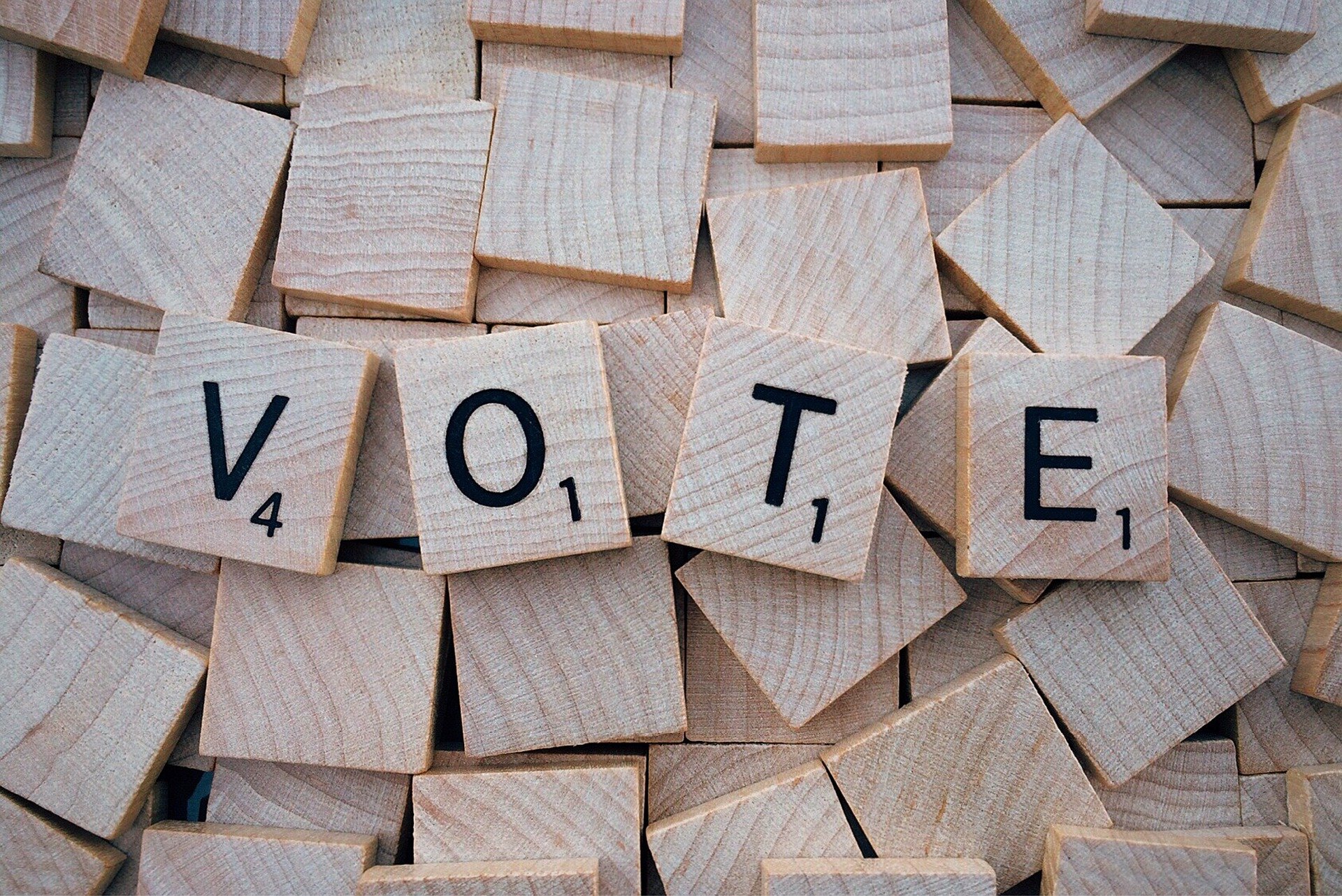How can students play a part in educating our voting community on the positions and viewpoints of the school board candidates?

The Illinois Democracy Schools Network is a community of practice that includes 80 schools throughout the state of Illinois committed to expanding and prioritizing civic learning opportunities and experiences for students across disciplines and organizations throughout high schools in the Land of Lincoln. When the Student Voice Club at Belvidere North High School in Boone County asked if they might sponsor a candidate forum for the upcoming school board elections, Dr. Teresa Kruger, a social studies teacher at Belvidere North reached out to the local League of Women’s Voters to work with students to co-facilitate this authentic civic learning experience. This was an authentic opportunity to apply disciplinary content knowledge to a democratic institution that impacts students’ everyday life and prepare the community, including 18-year-old students, to cast their ballot.
We asked Teresa to share a bit more about her experience facilitating this candidate forum. Here are her responses.
Briefly describe this student-led civic learning opportunity.
Belvidere District #100 was having an upcoming election for new seats on the school board. While there have been many posters and propaganda on the candidates, the students felt they really didn’t know what position the candidates might take on issues of importance to the student body. Therefore, the Student Voice Club wanted to host a candidate forum inviting all six candidates to answer questions in which students were interested.
How did this activity deepen students’ civic knowledge?
Students learned the many aspects of planning and implementing a candidate forum. They learned about the policies that regulate school board elections and campaigning by candidates. They also learned more about the different seats and townships represented by the different candidates.
How did this project deepen students’ knowledge of themselves and their community?
Students learned that they have a powerful voice and the ability to influence policymakers. They learned that they can effectively communicate with members of the school board and administration. I think most surprising to the students was the interest of the community in hearing from the board candidates themselves. Many members of the community thanked the students for hosting a forum like this that helped them to understand each of the candidates more and the issues of importance to them.
What comes next? What did students identify as future opportunities to engage in the community?
Once the elections are over, the students would like to continue communicating with the school board members about issues and concerns among the student body. The students are hoping they can have a voice in the policy-making and decisions made that directly affect them. We are hoping to try to set up “rounding” sessions with the different board members and administration throughout the next school year.
We partnered with the League of Women Voters and our moderator for the event, retired judge Rosemary Collins, stated that the students,’ “energy and enthusiasm for this election were really inspiring! Gives me hope for the future!”
What advice would you give teachers about opportunities to engage their students in authentic civic action?
The first time trying something like this might seem overwhelming and a huge stressor, but there are a lot of people and organizations out there that are more than willing to help you out. The Illinois Democracy Schools have a number of contacts that they can hook you up with and I highly recommend working with your local chapter of the League of Women Voters – – they are an amazing resource.
Many thanks to WREX and Northern Public Radio for covering this event!
